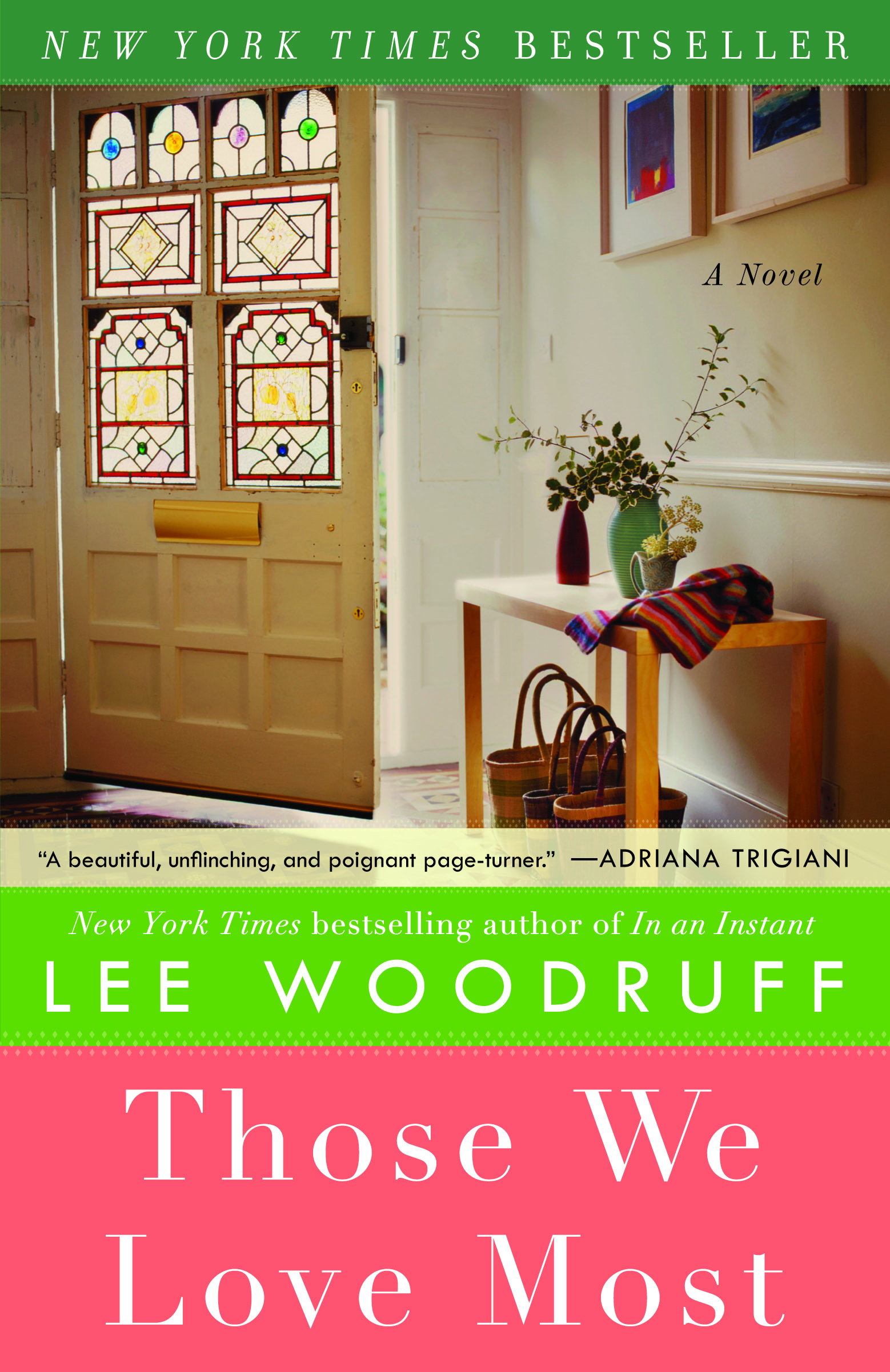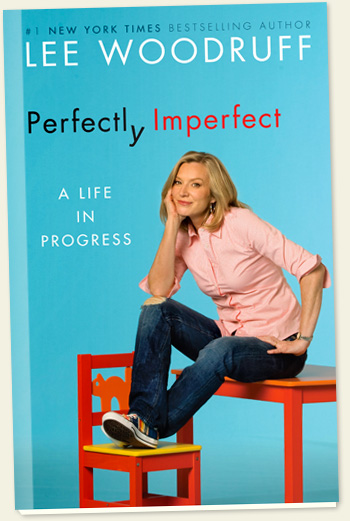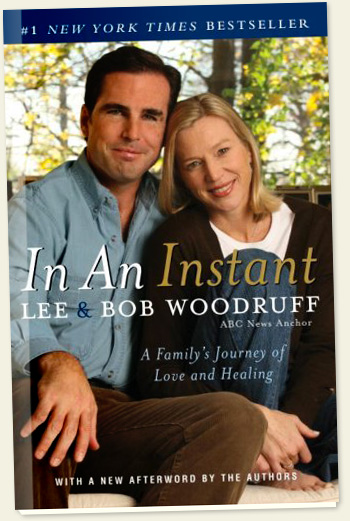The Haircut
It was a summer of interruption. “Summerus Interruptus,” I called it and I can’t remember another summer like it. Maybe its because there are four kids and two dogs and every time someone walks by our lawn the dogs bark, as if to defend their turf.
Maybe it's because my Dad’s dementia has progressed and so the three of us daughters shuttle him back and forth between our summer cottages to give my Mom a break. We want to spend some quality time with him before we all fade in his mind, and because this is what family does.
Maybe it's because even though I am supposed to be writing, and answering emails, I find myself drifting out to my beloved garden, the dahlias of all shapes, sizes and colors, the pesky crabgrass poking through the mulch. These are easy solutions to easy problems; pluck and they are gone. The chapter I’m writing? Not so easy. On day two of creation, I’ve already deleted most of it.
The problem of the dementia, the slow erasing of my Dad has no easy solution. We will watch, and help, repeat and explain and there is nothing at all to make it better. We are voyeurs to the demise of a man we love and the heartbreaking burden on my mother, who has raised the three of us and now, in her golden years, is caring for a toddler-like person again.
When the phone rang on my last full day of summer camp for the kids, I was deep in my emails, deep in crossing things off lists. I almost didn’t answer it.
“Lee,” my mother said, and I could hear the strain in her voice. “I’d like to ask you a favor.” My mother is a woman who doesn’t like to ask anyone for anything if she can help it. She is, by nature, a giver.
“Sure, Mom,” I kept my voice even but I rolled my eyes. Another interruption. All of these emails blinking at me, the people waiting for answers to questions, the fundraiser for the wounded soldiers, the plane reservations for vacation I had to untangle. “This is your mother,” I told myself. “Calm down, slow down, it will all get done.”
“Dad was going to trim my hair, like he always does. But he is feeling dizzy, he bent over in the yard and now he is lying down. I’ve got my scissors here and wet hair. Can I come over?”
“Of course,” I said. And it wasn’t until later that I realized the right thing to do would have been to go to her. I was too entangled in my own work and needs.
“Do you have some coffee for Dad?” she asked. And I realized that she would be bringing him, like a child, in tow.
“Come on over,” I said enthusiastically. “But I can’t guarantee I’m a great haircutter.”
In college I had a brisk business cutting men’s hair. I set up shop in the bathroom that connected the boy’s dorm to the girls, a feature that was a constant source of amusement for us young coeds.
Something about cutting my own mother’s hair, however, made me feel slightly nervous. I suppose that I wanted to do it perfectly.
A few moments later I heard her car on the gravel and her small, slight figure shuffled in. She had a makeshift cape of dry cleaning bag on her shoulders, an old comb, missing some teeth and a pair of hair cutting scissors.
I settled my Dad down, trying not to feel the pain in the look of defeat on his face. I gave him water and urged him to drink, fed him the leftover French toast, now cold, from my daughters’ pre-camp breakfast.
Then I went outside where my mother was patiently waiting for me to cut her hair.
‘I don’t know, Mom,” I said. “I don’t know if I’m going to be very good.
“Oh, its just a straight edge,” she waved my concerns away. The scissors were dull and I went upstairs to get my own haircutting scissors. She held a hand mirror out in front of her to watch.
There was something so heartbreakingly intimate about that act. I touched my mother’s hair, barely gray at 76. I was doing for her what she had done for me and my sisters for all those years when we were really young. I suppose she’d cut our hair at home as she is doing it now, out of frugality and ease.
“Its just a simple, straight across cut,” she said. My mother has never been one for vanity. I love her for that.
“I can take you to get it cut in town,” I said. “It was only $17.00 for me.
She smiled with her lips closed and shook her head. “Your father has been doing this for years,” she said. “It’s just fine.”
I thought about the act of my father cutting my mother’s hair. I wondered if, with his shaking hands, he would be able to do it going forward. I thought about my mother, who had once been told that the future was secure. Now I knew that she worried about the cost of this long, slow slide with dementia, the agonizing lingering of a partial person, the vast cost of health care and nursing homes.
I did a decent job. And then I looked her square in the face to make sure the sides were even and gently sloped the way she had requested. What had started as a dutiful task had become an act of love, a care giving of the ultimate caregiver.
No child is ever prepared when the roles reverse, sometimes, gently, like a beautiful slow dance, other times in an instant, the aftermath of an accident or illness. My sisters and I have learned to be the parents at times, to ease the fears the way my mother and father once snuck into our rooms to banish the monsters under the bed.
I am taking care now. I am noticing these small moments, trying to slow time down. I see these experiences as gifts of grace rather than inconveniences, interruptions in my busy day.
“It looks great,” she says enthusiastically, positioning the plastic hand mirror to see the back of her head. My Dad finishes the last of his coffee, rises from the stool steadily and beams at me. It seems the earlier events have been forgotten.
“You just come back if you see any strays,” I said. And they both bent to hug me.
























 September 12, 2009
September 12, 2009